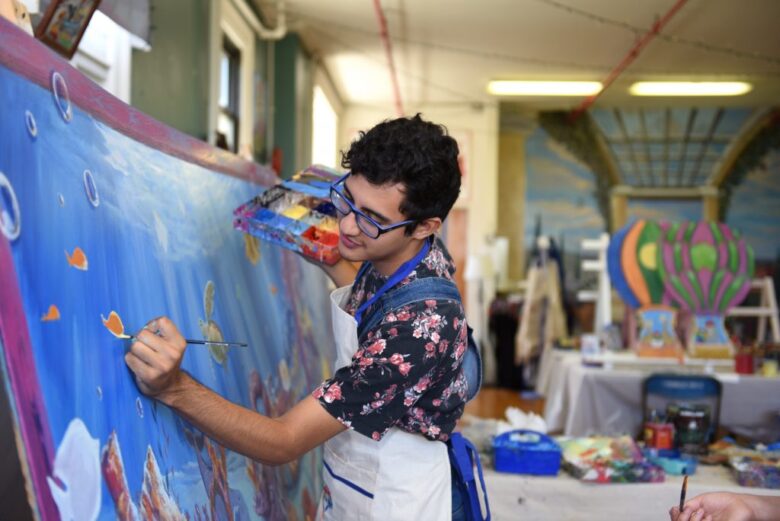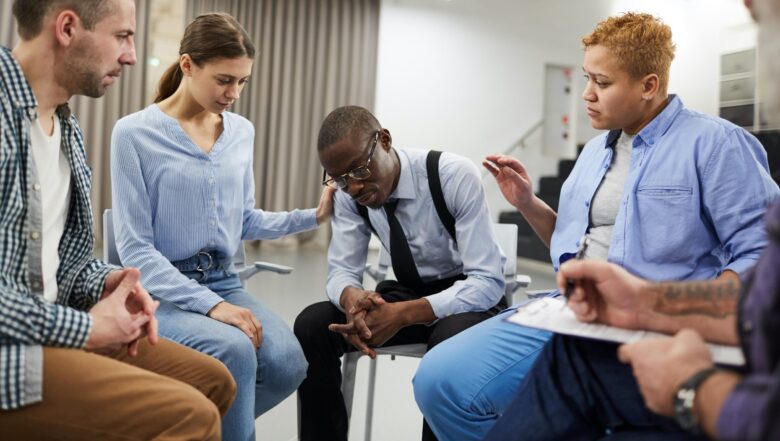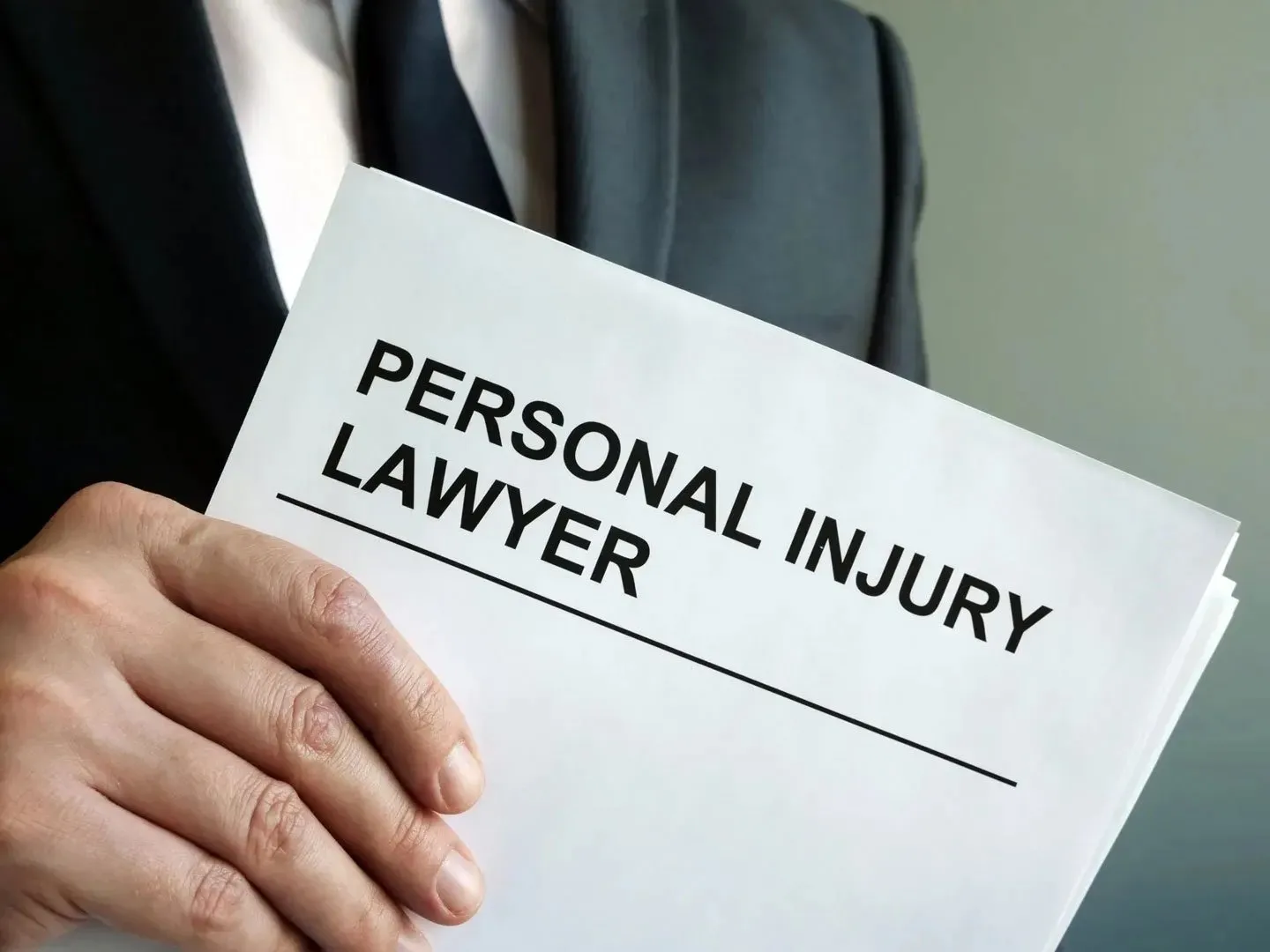In the bustling construction world, towering cranes, loud machinery, and busy work sites are common sights. But behind these images, there’s a more somber picture. When accidents occur, they leave not only physical scars but emotional ones too.
This article dives deep into the emotional aftermath of such incidents, how victims cope, and the support systems available. Let’s explore how a construction injury lawsuit might come into play during recovery.
Understanding The Emotional Aftermath
Following an accident, emotions such as shock, disbelief, anger, and guilt can emerge. Beyond the physical pain, the sudden realization of vulnerability and looming uncertainties can be overwhelming. To navigate these feelings, it’s important to communicate with trusted individuals like friends, family, therapists, or counselors. Coupled with emotional healing, physical health must also be maintained with a balanced diet, sleep, and exercise.
Why Emotions Run High After Accidents
Accidents, with their unexpected nature, disturb our sense of normalcy. This disruption often brings injuries, potential job loss, and financial strains. Such challenges can heighten stress and anxiety. A changed perspective on life’s fragility often follows, adding depth to the emotional journey.
When dealing with the aftermath, it’s crucial to remember that you’re not alone. Many find solace in therapy or counseling. Talking to someone can help process feelings and develop strategies to move forward.
Additionally, physical rehabilitation can be both a distraction and a means to regain strength. Here are a few other coping mechanisms that you might find helpful:
1. Therapy or Counseling:

Source: talkspace.com
- Significance: A trained professional can offer strategies to deal with trauma, emotional pain, or mental health issues that arise post-accident.
- Engagement: Seek local therapists specializing in trauma or injury-related counseling. Start with weekly sessions, which can be adjusted based on individual needs.
- Concrete Steps:
- Identify and accept the need for professional help.
- Research and list local therapists specializing in trauma or injury-related counseling.
- Schedule initial consultations to find a good fit.
- Resource: Websites like Psychology Today or BetterHelp can guide you to licensed therapists in your area or provide online counseling.
2. Journaling:

Source: vanillapapers.net
- Significance: Writing allows for an expressive outlet where one can process emotions, track recovery progress, and reflect.
- Engagement: Dedicate a specific time daily or weekly to write about feelings, fears, or any progress made. There’s no right or wrong; it’s a personal expression.
- Concrete Steps:
- Purchase or dedicate a notebook solely for this purpose.
- Set aside 10-20 minutes daily or a few times a week.
- Write without judgment, focusing on feelings and experiences.
- Resource: Books like ‘The Artist’s Way’ can provide structure and prompts for journaling.
3. Art Therapy:

Source: adelphi.edu
- Significance: Art provides a non-verbal outlet to express and process emotions, especially when words might fail.
- Engagement: Join art therapy groups or classes. Creating art at home — drawing, painting, or crafting — can also be therapeutic if not available.
- Concrete Steps:
- Sign up for local art therapy workshops or classes.
- Purchase basic art supplies to start experimenting at home.
- Create without expectations, focusing on the process, not the result.
- Resource: The American Art Therapy Association can provide more insights and resources.
4. Music Therapy:

Source: 30seconds.com
- Significance: Music can have a calming effect, reduce anxiety, and aid in emotional expression.
- Engagement: Explore listening to different genres or consider learning a musical instrument. Music therapy sessions with professionals can also be beneficial.
- Concrete Steps:
- Research and attend local music therapy sessions.
- Dedicate time to listening to calming music or consider taking beginner lessons for a musical instrument.
5. Support Groups:

Source: nursing.utah.edu
- Significance: Sharing experiences with others who’ve faced similar trauma can offer a sense of community and shared understanding.
- Engagement: Look for local or online support groups for accident survivors. Regularly attending meetings can help build a support system.
- Concrete Steps:
- Search for local or online support groups specifically for accident survivors.
- Attend a few sessions to gauge comfort.
- Engage actively, listen, share, and build a network.
- Resource: Websites like ‘SupportGroups.com’ offer a variety of online support groups across multiple topics.
Seeking Support: You Don’t Have To Go It Alone
Many workers aren’t fully aware of the depth of support available to them, especially when it comes to legal and financial aid.
Here’s a breakdown of the resources that can help you heal both physically and emotionally:
1. Construction Injury Lawsuit: This can be an invaluable resource for construction accident victims. Not only can a lawsuit offer financial relief, but it also brings a sense of justice by holding responsible parties accountable. By filing a lawsuit, you can obtain compensation for your injuries, helping you manage medical bills, lost wages, and other related expenses.

Source: laphamlaw.com
2. Workers’ Compensation: A government initiative, Workers’ Compensation provides financial benefits to those injured on the job, ensuring you’re not left struggling with bills during recovery.
3. Insurance Benefits: If you’ve been involved in a construction accident, various insurance policies can come to your rescue. This includes:
- Disability Insurance: Depending on your policy, you might be able to collect benefits while recovering.
- Liability Insurance: In some cases, you may be eligible for benefits from other parties if they are found liable for your accident.
4. Peer Support Groups: Connecting with individuals who’ve had similar experiences can provide a sense of community, ensuring you’re not navigating recovery alone.
5. Legal Assistance: Beyond lawsuits, legal experts can help clarify your rights post-accident, guiding you through processes that might seem daunting.
The urgency of seeking assistance post-injury can’t be stressed enough. Not only does this ensure you get the necessary medical care promptly, but it also kickstarts the physical and emotional recovery process. The earlier you tap into these resources, the more smoothly your journey to recovery might unfold.

Source: canva.com
The Role Of Loved Ones
It’s said that in tough times, true friends shine. Your loved ones can be your rock during the recovery process. They can provide a listening ear, help with daily tasks, or simply be there for a comforting chat. Lean on them, and remember, asking for help is okay.
Facing The Future: Going Back To Work
Transitioning back to work after an accident can be daunting. Concerns about safety, peer perceptions, and even job performance can cloud your mind. However, you can return stronger and more aware with the right mindset and support. Consider speaking to your supervisors about any lingering fears. They’ll appreciate your openness and might even implement safety improvements.
There are a few different options available to you.
- Disability Insurance: If you have disability insurance, you may be able to collect benefits while you’re recovering from your injury.
- Short-term Disability: Short-term disability is a type of insurance that can provide you with financial benefits for a limited period of time.
If you’re considering going back to work after an accident, it’s important to talk to your doctor first. They can help you assess your health and determine if you’re ready to return to work.

Source: farmermorris.com
Community Outreach: Help Beyond The Jobsite
Your community can be a valuable asset. Local organizations, nonprofits, or even church groups might offer support for accident victims. Engaging in community activities can also be a therapeutic way to reintegrate and find a renewed sense of purpose.
Emerging Stronger: In The Wake Of Tragedy
Challenges often unearth strengths previously undiscovered. Many individuals find that the journey post-accident, although steep, leads to personal growth, resilience, and a fresh outlook on life. It’s essential to recognize and embrace this transformative journey, seeking help whenever needed.
Conclusion
Construction accidents, while emotionally taxing, don’t define your future. With the right support and mindset, recovery is attainable. Remember, a vast network of resources awaits to guide you back to strength and confidence.
Originally posted 2023-07-31 11:54:38.